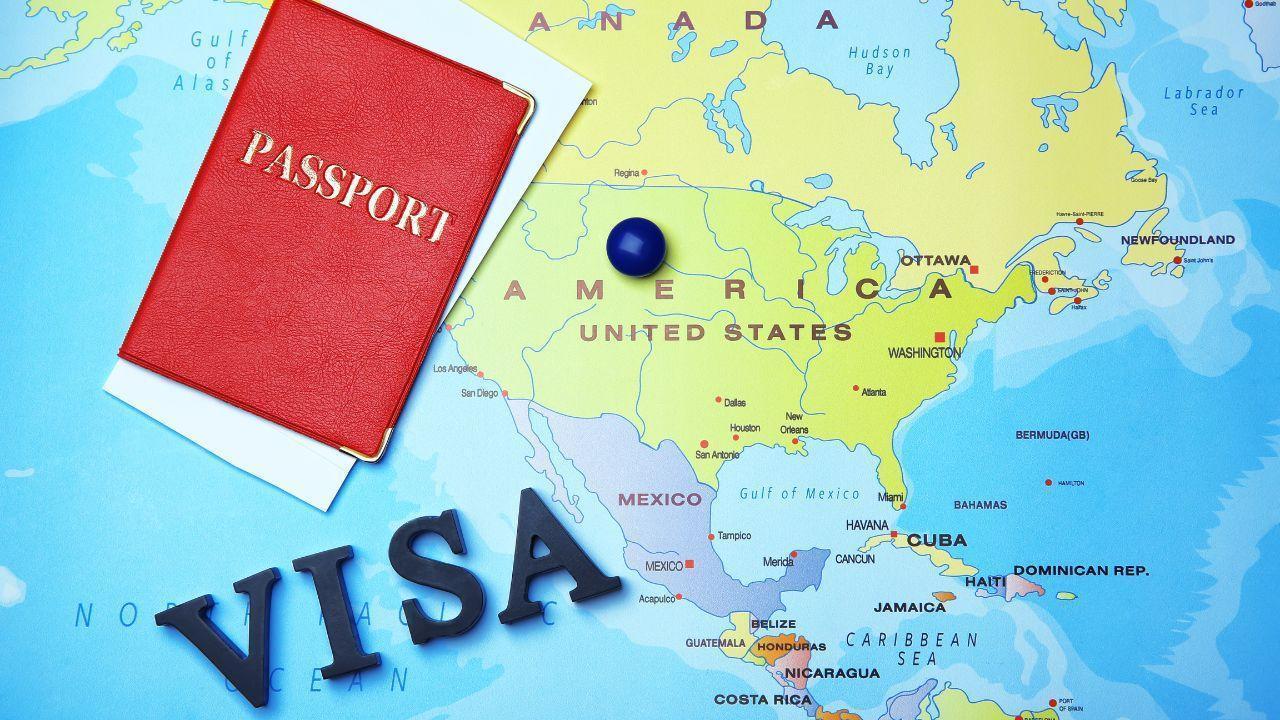



Your complete guide to studying abroad in 2025 for Indian students
Studying abroad is an exciting journey that many Indian students dream of. It offers the chance to experience a new culture, get a world-class education, and open doors to global job opportunities. However, the process of studying abroad involves a lot of planning. The Ultimate Study Abroad Guide for Indian Students in 2025 will walk you through everything you need to know, from preparing documents to finding the right hostel. Let’s get started!
1. Choosing the Right Country and Course
The first step in your study abroad journey is deciding where you want to go and what you want to study. Popular destinations for Indian students include countries like the USA, UK, Canada, Australia, and Germany. Each country offers unique opportunities and advantages.
When choosing a country, also consider factors like language, living expenses, job opportunities, and your long-term goals. Make sure the course you choose matches your career aspirations.
2. Understanding the Visa Process
Once you've selected the country and course, the next step is obtaining a student visa. The visa application process varies depending on the country. For example, Indian students applying to study in the USA need an F-1 visa, while students applying to study in the UK need a Tier 4 student visa.
Here’s what you generally need for a student visa:
It’s important to apply for your visa well in advance, as visa processing can take time. Make sure to check the latest requirements on the official embassy website for the country you're applying to.
3. Applying for Scholarships and Education Loans
Studying abroad can be expensive, but don’t worry—there are plenty of ways to manage the costs. Many universities offer scholarships for international students based on merit or need. You can also apply for government scholarships or private scholarships that assist students from India.
If scholarships are not enough, you can also apply for an education loan. Banks and financial institutions in India offer loans for studying abroad, which cover tuition fees, accommodation, and other expenses. Popular banks like SBI, HDFC, and Axis Bank offer education loans with flexible repayment options.
Before applying for a loan, ensure you understand the interest rates and repayment terms. Always compare different loan options to find the best one for your needs.
4. Finding Accommodation (Hostel or Private Rental)
When studying abroad, finding a place to live is one of the most important tasks. Most universities offer hostels or on-campus accommodation for international students. These are affordable and convenient options, especially for first-time students. You’ll be close to your classes and can easily meet other students.
If you prefer more privacy, you can look for private rental apartments or shared accommodations. Websites like Airbnb, HousingAnywhere, and Uniplaces can help you find rental options. Keep in mind that living off-campus may be more expensive, but it offers more independence and privacy.
5. Part-Time Jobs and Work Opportunities
As an international student, you might want to work part-time to support yourself. Many countries allow students to work a limited number of hours per week while studying. For example, in the USA, students can work up to 20 hours per week during the semester and full-time during holidays.
Working part-time not only helps with finances but also gives you valuable work experience and a chance to interact with local people. You can look for jobs like tutoring, working in a cafe, or helping in university departments.
6. Adapting to a New Culture and Lifestyle
One of the most exciting parts of studying abroad is experiencing a new culture. While it can be fun, it can also be overwhelming at times. It’s important to be open-minded and patient as you adjust to new customs, food, and social norms.
Here are some tips to help you adjust:
Learn the local language: While many countries offer education in English, knowing some basics of the local language can help you communicate better.
Stay connected with home: Stay in touch with your family and friends in India to avoid feeling homesick.
Make new friends: Join clubs, attend events, and get involved in campus life to make new friends from around the world.
7. Preparing for Your Return to India
Once your studies are over, the question is what to do next. Many students choose to stay and work in the country they studied in. However, others return to India with new skills and a global perspective.
If you want to return to India, having an international degree can help you land high-paying jobs. Many companies in India value international education and experience. Additionally, if you studied in a country like Canada or Australia, you might also be eligible for permanent residency options after a few years of work.
Disclaimer:
The information provided in this article is for general guidance only. While Myedugoal strives to offer accurate and up-to-date details, readers are advised to check official websites and consult experts before making any decisions related to study abroad. Myedugoal is not responsible for any actions taken based on the content provided here.
#trending #latest #StudyAbroad #IndianStudents #VisaProcess #EducationLoan #HostelAccommodation #Scholarships #StudyInUSA #StudyInCanada #StudyInUK #StudyInAustralia #StudyInGermany #MyEduGoal #PartTimeJobs #StudentLifeAbroad #InternationalEducation

Learn to manage money smartly while studying abroad... Read More.

Stay and Work Abroad with Post-Study Visa Options 2025... Read More.
 Fake posts hit Czech PM Fiala's X
Fake posts hit Czech PM Fiala's X
Fake posts disrupt Czech PM Fiala's X account security
 Switzerland Tightens Export Rules
Switzerland Tightens Export Rules
Switzerland expands export controls on dual-use goods
 Google unveils Ironwood AI chip
Google unveils Ironwood AI chip
Google introduces Ironwood chip to accelerate AI tasks & apps
 TSMC Q1 revenue up 42%
TSMC Q1 revenue up 42%
TSMC sees 42% revenue surge in Q1, surpassing forecasts
 Google unveils Ironwood AI chip
Google unveils Ironwood AI chip
Google's Ironwood chip boosts AI processing and app speed
 Amazon CEO Outlines AI Vision
Amazon CEO Outlines AI Vision
Amazon CEO reveals AI investment plans in new letter
 Osaka Hosts World Expo 2025
Osaka Hosts World Expo 2025
Japan blends tech and culture at Osaka Expo 2025 launch
© MyEduGoal. All Rights Reserved. Design by markaziasolutions.com